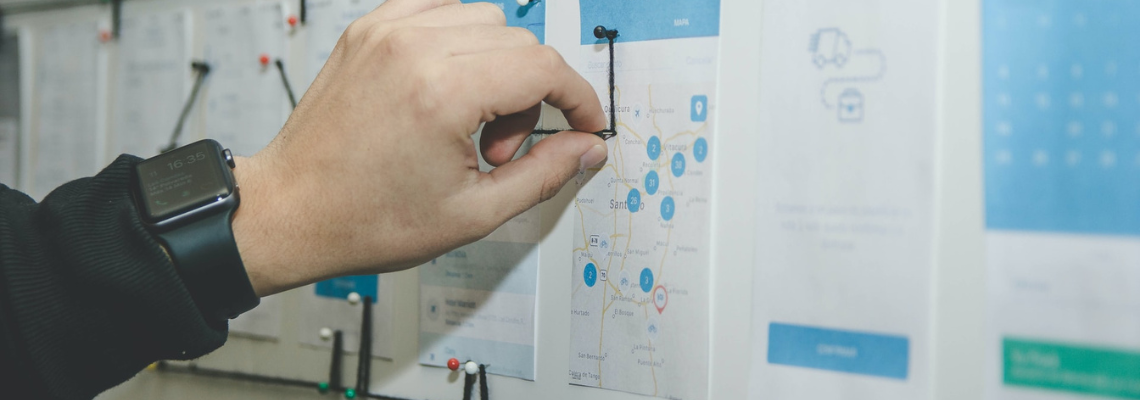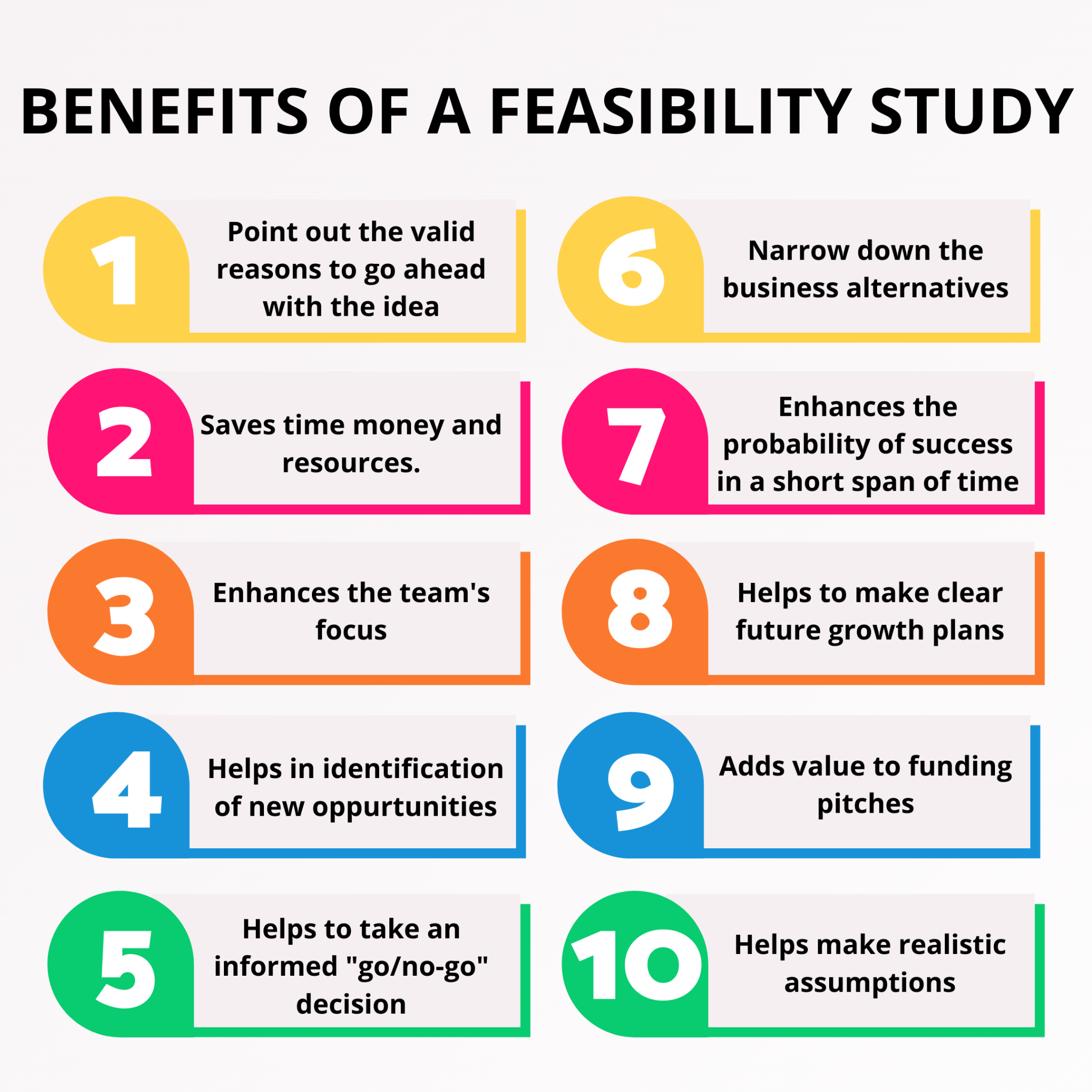
What is a feasibility study for the construction industry?
In order for a project to succeed, it’s always beneficial to conduct a feasibility study, which outlines what contributors can expect from the project prior to devoting resources, time, or budget. New ideas may also emerge from a feasibility study that could completely alter the scope of a project. Rather than rushing into a project and discovering it won’t succeed, it’s better to make these decisions in advance. A preliminary study gets undertaken in the very early stages of a project.
These studies are prone to take place when a large project has been proposed such as a shopping centre, lifestyle estates and hotels, etc. The process gets used when there could be some doubt or disagreement in regard to the proposed development. These studies can determine whether or not the project is viable, remediations for the site or the best location to construct the proposed development.
The feasibility study plays a large role when considering and planning potential projects. The geologic hazards, hydrogeological conditions, Environmental Impact Assessment (EIA), Fault Studies & Seismicity, etc determine if a project is viable to move forward.
The Geologic hazard is for the design team to determine the best plans for your site.
The Hydrogeological conditions are the groundwater conditions.
The EIA is the impact it will make on the environment once the project moves forward.
Depending on the scope of work of your proposed project, the design engineer will determine if the EIA should be completed, and the Fault Studies & Seismicity of the geologic conditions are determined by the scope of work. In most cases, government entities require the EIA to comply with the local laws and regulations. Feasible studies depend on the scope of your project and its functioning demands.
Performing a Feasibility Study ensures that time, money and energy won’t be wasted on the Project. There are five main aspects:
- Technical Feasibility – The engineering team will determine if this project would be possible in a technical way.
- Economic Feasibility – The cost-benefit analysis will determine if the project will be economically viable.
- Legal Feasibility – This will handle your legal matters such as planning permissions etc.
- Operational Feasibility – How well the proposed project resolves issues and has viable solutions.
- Scheduling Feasibility – This is one of the most important aspects in my opinion. This is to determine a timeline for the proposed project, and whether it would be able to be completed on time and within the budget.
Upon completion of the feasibility study, various scenarios, as well as their implications, strengths and weaknesses, will be analyzed in detail. Due to the many, many factors explored in the study, it may still be difficult to decide whether to proceed, but with the accumulation of information, decision-makers will be empowered to make informed, educated decisions without second guessing.

Sources
CDMG
ORS
Small Business Chron
Sports Facilities
Go Bridgit
Extension IA State
To view more from our How-To Series, please visit Leads 2 Business Blog.
If you are interested in becoming one of our subscribers, please visit Leads 2 Business.
To view our Wiki Help with screenshots and video tutorials, please visit Leads 2 Business Wiki.

